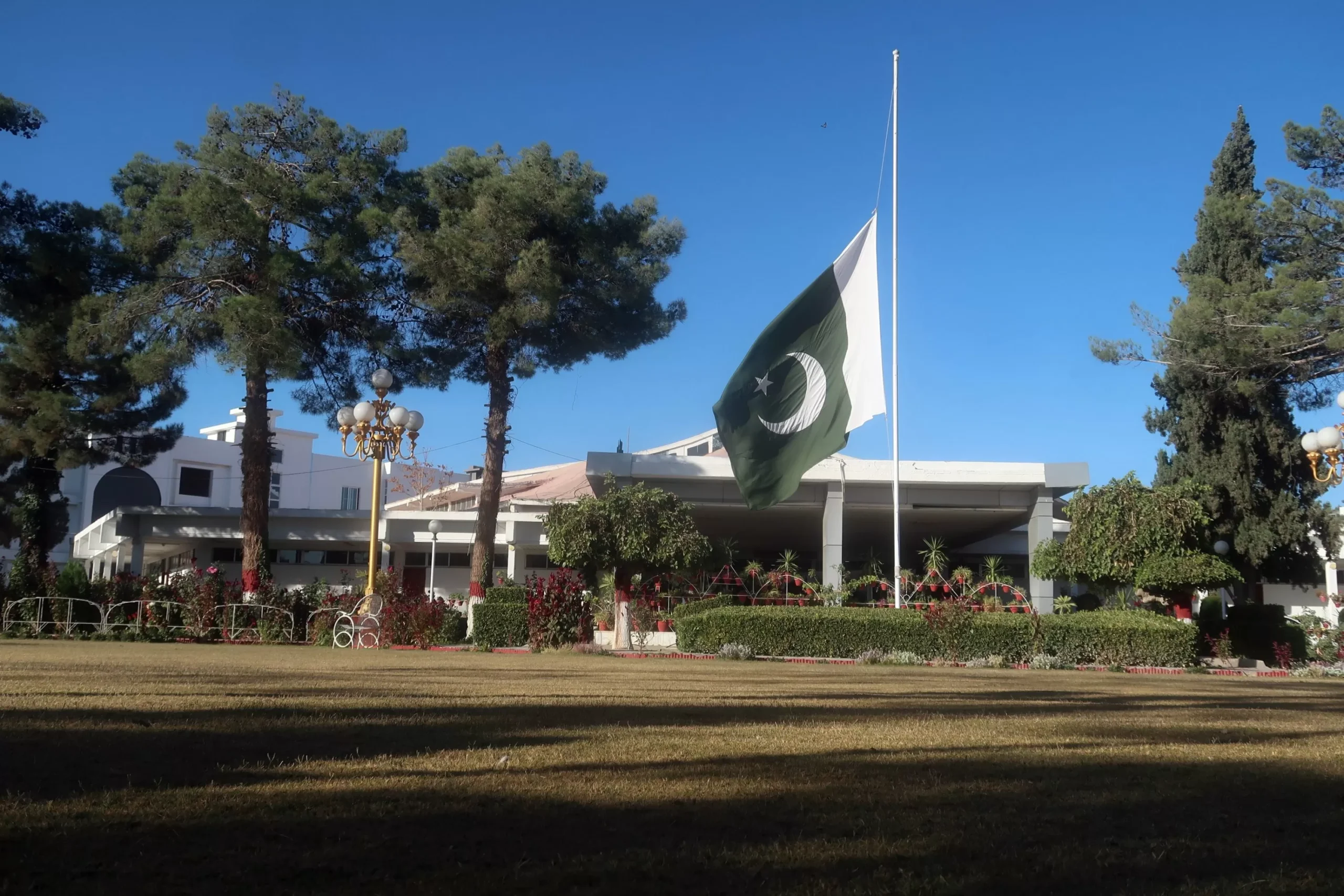The use of Virtual Private Networks (VPNs) has become a controversial topic in Pakistan, with the head of the country’s top Islamic council declaring it as un-Islamic and a threat to national security and character assassination. This statement has sparked discussions and debates among citizens, with some supporting the use of VPNs and others agreeing with the council’s stance.
VPNs are widely used in Pakistan to access blocked websites and content, as well as to protect one’s online privacy and security. However, the recent declaration by the head of Pakistan’s top Islamic council has raised concerns about the moral and ethical implications of using VPNs.
The Council of Islamic Ideology (CII) is a constitutional body responsible for advising the government on matters related to Islam. In a statement issued on Monday, the head of CII, Dr. Qibla Ayaz, stated that the use of VPNs goes against the principles of Islam and is a threat to national security. He further added that VPNs are being used to spread false information and defame individuals, leading to character assassination.
This statement has caused a stir among the people of Pakistan, with many questioning the council’s understanding of technology and its impact on society. While it is true that VPNs can be used for malicious purposes, it is unfair to paint them as a tool of character assassination and a threat to national security. The reality is that VPNs have become an essential tool for individuals and businesses to protect their online privacy and security in an increasingly digital world.
Moreover, the use of VPNs is not limited to Pakistan alone. It is a global phenomenon, with millions of people using it every day to access restricted content and protect their online activities from prying eyes. In fact, many governments and organizations use VPNs themselves to safeguard their sensitive information. Therefore, it is inaccurate to label the use of VPNs as un-Islamic and a threat to national security.
Furthermore, the statement by the head of CII raises questions about the understanding of Islam and its teachings on technology. Islam is a religion that encourages the pursuit of knowledge and the use of technology for the betterment of society. In fact, the Quran and Hadiths (sayings and actions of Prophet Muhammad) emphasize the importance of seeking knowledge and using it for the benefit of humanity. Therefore, it is contradictory to claim that the use of VPNs goes against the principles of Islam.
Moreover, the use of VPNs does not necessarily lead to character assassination. It is the responsibility of individuals to use technology ethically and responsibly. The misuse of any tool, including VPNs, should not be blamed on the tool itself. It is essential to educate people on the proper and ethical use of technology rather than demonizing it.
In conclusion, the use of Virtual Private Networks (VPNs) cannot be labeled as un-Islamic and a threat to national security. It is a tool that has become a necessity in today’s digital age and has numerous beneficial uses. The statement by the head of Pakistan’s top Islamic council does not reflect the true understanding of Islam and its teachings on technology. It is crucial to promote responsible and ethical use of technology rather than condemning it. Let us embrace technology and use it for the betterment of society, in line with the teachings of Islam.






![Complete BritRail Pass Guide [Types, How to Use It, Pros + Cons]](https://inside-news.uk/wp-content/uploads/2025/06/00221EB4-BCA2-4DBB-6CD4-83DBC37D71FA-120x86.webp)















